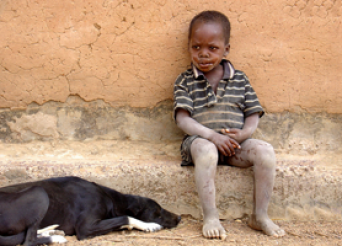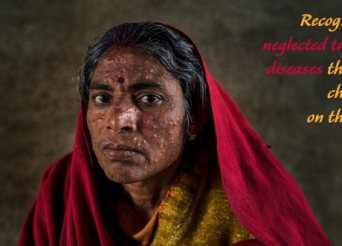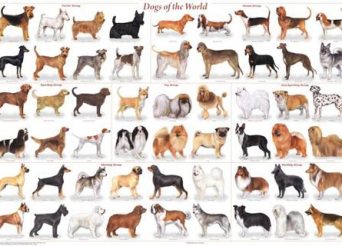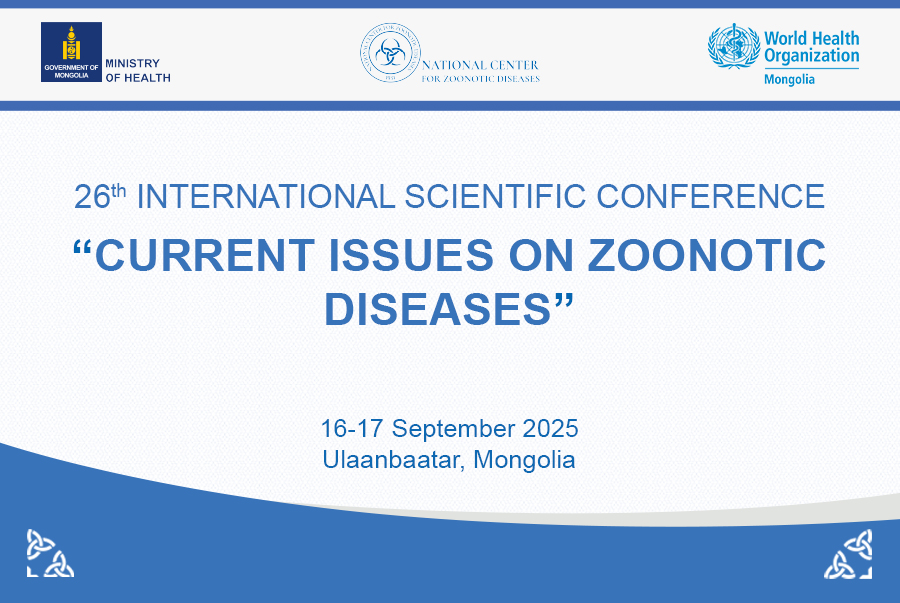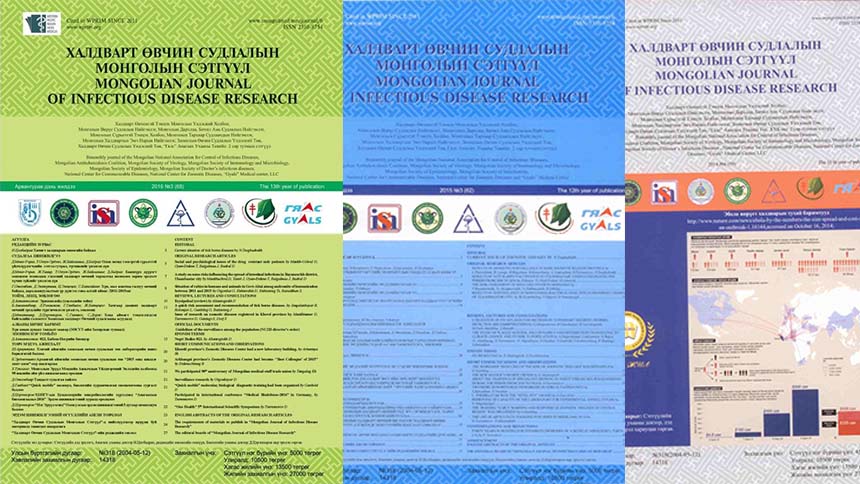10 facts on rabies
Rabies causes thousands of deaths every year in over 100 countries mostly affecting underserved communities with limited access to health and veterinary systems. Successful rabies control programmes comprise of three pillars: community participation; education, public awareness and access to mass vaccination of dogs; and access to post bite treatment. Countries are responding to achieve the ...read more →




